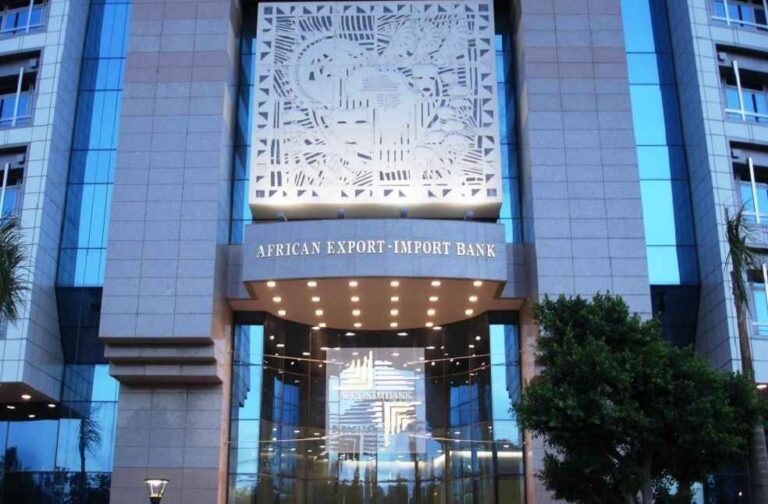Concerns are growing that a dispute over how two African development banks are treated in debt talks could make trade finance harder to get and more expensive across the continent
The African Export-Import Bank (Afreximbank) and the Trade and Development Bank (TDB) are currently entangled in negotiations over whether they should receive preferential creditor treatment during debt restructuring processes in Ghana, Malawi, and Zambia. Both institutions are owed substantial amounts—Afreximbank is owed $750 million by Ghana, $454 million by Malawi, and $45 million by Zambia, while TDB is owed $555 million by Zambia and $323 million by Malawi, according to UK-based think tank ODI.

While global institutions such as the International Monetary Fund and the World Bank are generally regarded as preferential creditors, Ghana and Zambia have taken the position that Afreximbank and TDB should be treated the same as commercial lenders. Zambia’s finance minister, Situmbeko Musokotwane, stated in May that this stance aligns with creditor consensus, and Ghanaian officials have since echoed that view.
A central point of debate is that Afreximbank and TDB operate differently from larger MDBs—they charge higher interest rates and distribute dividends to shareholders, raising questions about their eligibility for the same protections from loss.
TDB Managing Director Admassu Tadesse warned that stripping these banks of their preferential status could set a ‘dangerous precedent,’ potentially raising the cost of development finance across Africa. Analysts agree, noting that if credit ratings for Afreximbank and TDB are downgraded, the costs of borrowing could rise, and access to essential trade finance could tighten.
Zaynab Hoosen, a senior Africa analyst at Pangea-Risk, highlighted that these banks rely on investments to fund their lending operations. Any downgrade in their creditworthiness would lead to higher borrowing costs, affecting their ability to offer affordable financing to African countries already facing debt distress.

The impact is not limited to sovereign lending. Trade finance, usually exempt from debt restructuring, is now under scrutiny, particularly in Zambia’s case. Although TDB had extended the maturity of some trade finance loans to facilitate the import of essential goods, commercial creditors argue that these extensions make them eligible for restructuring.
Chris Humphrey, a senior research associate at ODI, acknowledges that while the financial losses may be manageable for Afreximbank and TDB, the broader implications of including them in debt restructuring could influence how other indebted nations approach similar issues.
Experts warn that this conflict may have a lasting impact on Africa’s trade finance landscape. Hoosen emphasized the critical role of trade finance in sustaining access to goods and services, questioning whether current governments should be penalized for debts incurred by their predecessors.
DON’T MISS IT | India Urges WTO Action on Trade Barriers, Dispute System



